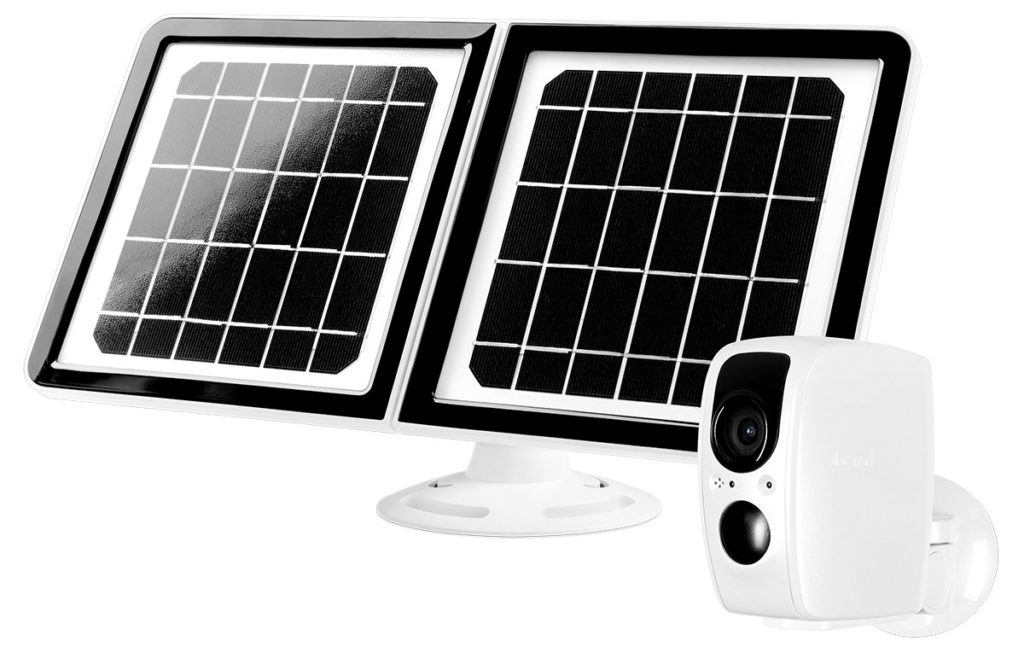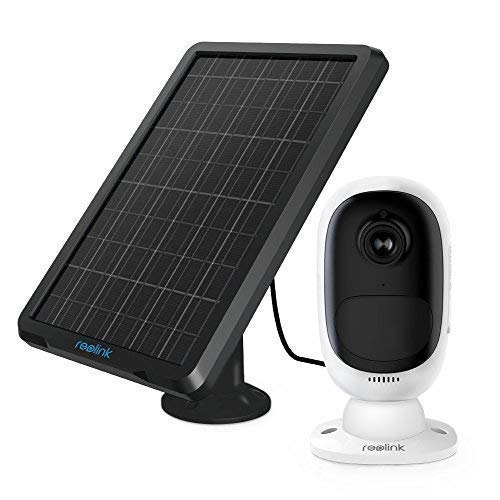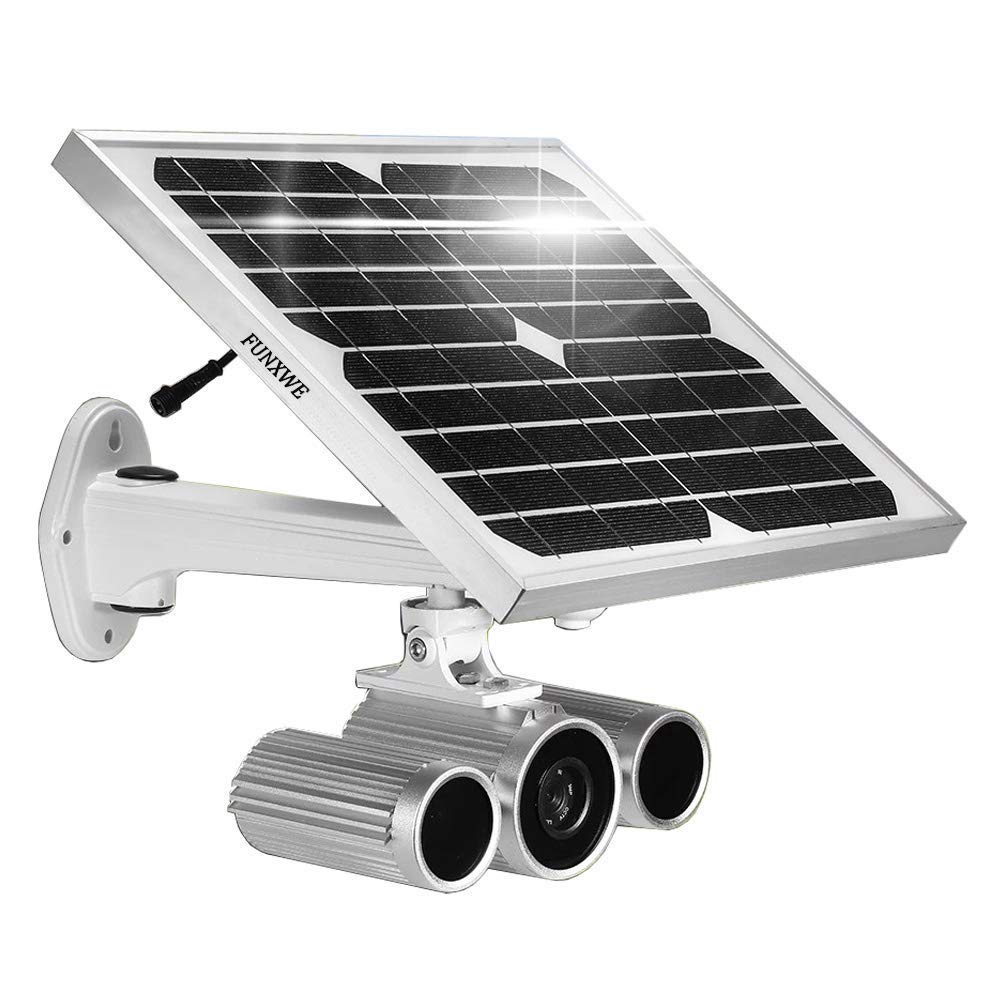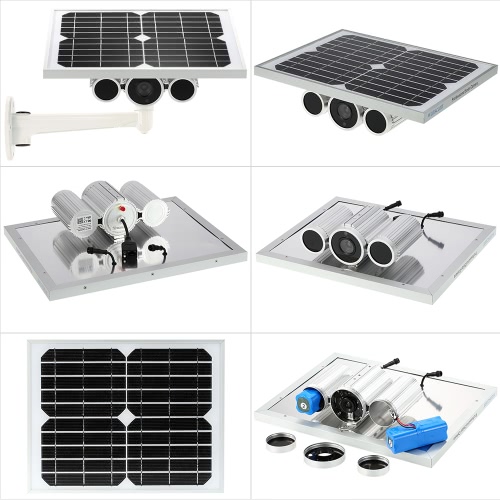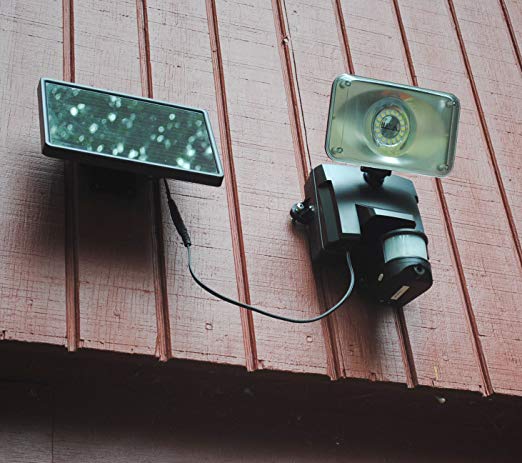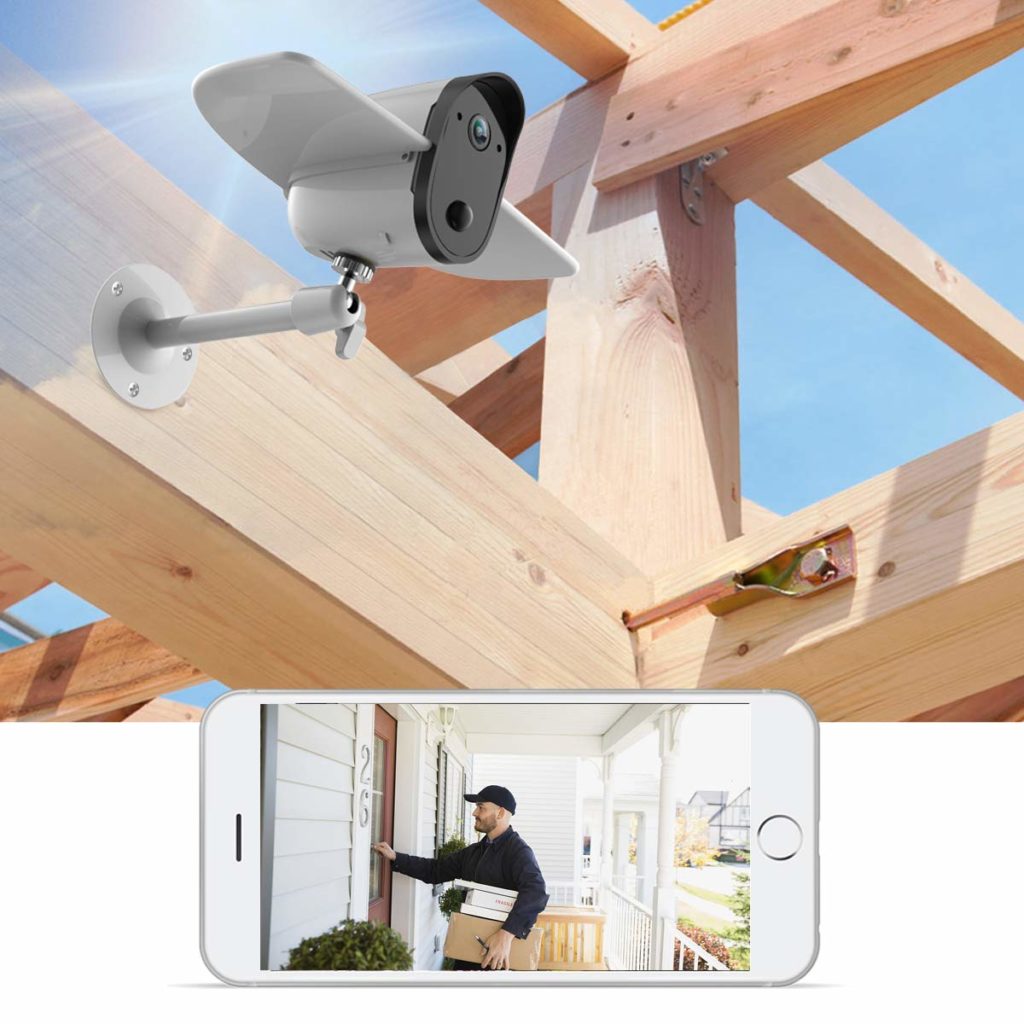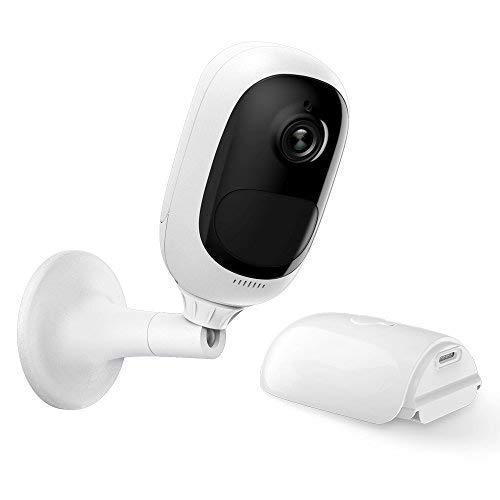Wireless vs. Wired Home Security Systems: Which Is Better?
When it comes to home security, choosing the right system is critical to ensuring the safety of your home and loved ones. The two main types of security systems—wireless and wired—offer unique advantages and disadvantages, making the decision more complicated than it may first appear. In this blog, we’ll break down both types to help you determine which is the better option for your home.
What Are Wired and Wireless Home Security Systems?
Before diving into which is better, it’s essential to understand what each system involves.
Wired Home Security Systems
A wired home security system is one in which all components, such as cameras, sensors, and alarms, are physically connected to the central control panel via cables. These systems usually connect to your phone lines or landlines and require professional installation.
Wireless Home Security Systems
On the other hand, wireless home security systems use radio frequencies or Wi-Fi to connect all the components. These systems are typically easier to install and can be controlled remotely using smartphones or tablets. Wireless systems offer flexibility and mobility, making them a popular choice for many modern households.
Pros and Cons of Wired Home Security Systems
Pros
Reliability
Wired systems are highly reliable since they don’t depend on Wi-Fi or radio signals, which can sometimes experience interference. Wired connections are direct, meaning there’s a lower risk of losing signals or having security gaps.
Stable Power Supply
Wired systems are usually connected to your home’s electrical system, ensuring they stay operational as long as the power is on. Even in the event of a power outage, many wired systems have backup batteries.
More Difficult to Hack
Since wired systems are physically connected, they are generally more secure against hacking compared to wireless systems that rely on Wi-Fi, which can be susceptible to cyber-attacks if not adequately secured.
High-Quality Video Feed
Wired security cameras often offer superior video quality because they don’t have to compress the feed to send it over Wi-Fi, which is a common issue with wireless systems.
Cons
Complex Installation
Wired systems usually require professional installation, as cables need to be run through walls and ceilings. This process can be time-consuming and expensive, especially for large homes.
Lack of Flexibility
Once a wired system is installed, moving the components (such as cameras or sensors) is difficult. Expanding or relocating the system would require additional wiring and professional help.
Vulnerability to Power Outages
While many wired systems come with backup batteries, they are still more vulnerable during power outages. If the backup battery isn’t maintained properly, it may not offer sufficient support during an extended outage.
Invasive Installation Process
If you live in a rental property or an older home, the installation process can be invasive, requiring structural modifications that may not be desirable or even allowed.
Pros and Cons of Wireless Home Security Systems
Pros
Easy Installation
One of the biggest advantages of wireless systems is their ease of installation. Most wireless systems are plug-and-play, meaning you can set them up yourself without professional help. This is ideal for renters or those who want to avoid the hassle of wiring.
Remote Monitoring
Wireless systems can be monitored remotely through smartphones, tablets, or computers. This gives you access to your system no matter where you are, allowing you to receive alerts, view live feeds, or control the system remotely.
Flexibility
Wireless systems offer flexibility in terms of placement. You can easily move cameras or sensors around your home without needing to run additional wires. If you relocate, the system can be packed up and taken with you.
Scalability
It’s easier to expand a wireless system as your security needs grow. Adding more cameras or sensors typically just requires syncing them with your existing system, rather than rewiring your home.
Smart Home Integration
Many wireless security systems can be integrated with smart home devices, such as smart lights, locks, and thermostats, providing a more comprehensive security and automation experience.
Cons
Signal Interference
Wireless systems rely on Wi-Fi or radio signals, which can be disrupted by walls, large furniture, or other electronic devices. Signal interference can result in dropped connections or poor system performance.
Battery Life
Wireless systems often depend on battery-powered components. If the batteries run out, the system may stop working. Regular maintenance and battery replacements are required to ensure the system stays functional.
Vulnerable to Hacking
Since wireless systems use Wi-Fi, they can be more vulnerable to hacking or cyber-attacks if not properly secured with strong encryption and passwords.
Potential for Lower Video Quality
Some wireless cameras may compress the video feed to send it over the network, which can result in lower video quality compared to wired systems. If your Wi-Fi connection is slow or unstable, this could affect the system’s performance.
Key Factors to Consider When Choosing Between Wired and Wireless
1. Home Size and Layout
If you have a large home with many walls and multiple floors, wired systems may be a better option for consistent coverage. Wireless systems can struggle with signal strength in larger homes, though a mesh Wi-Fi network can mitigate this.
2. Installation Preferences
For those who want a quick and easy DIY installation, wireless systems are the way to go. Wired systems, while more permanent, require professional help and more time for installation.
3. Security Concerns
If you are particularly concerned about hacking, wired systems offer more peace of mind. However, you can secure wireless systems with robust encryption and secure passwords to protect against potential cyber-attacks.
4. Budget
Wireless systems generally have a lower upfront cost because they don’t require professional installation. Wired systems may come with higher installation fees, but they tend to offer a more stable long-term solution.
5. Maintenance
Wireless systems require more frequent maintenance, like changing batteries or troubleshooting connectivity issues. Wired systems, once installed, require less day-to-day maintenance but might be harder to upgrade or modify.
Which System is Better for You?
The choice between wireless and wired home security systems largely depends on your specific needs, budget, and living situation.
Go Wired: If you want a reliable, secure system with high-quality video feeds and don’t mind a more complex installation process.
Go Wireless: If you prioritize flexibility, easy installation, remote access, and smart home integration.
Both types have their advantages and disadvantages, but the right system for you will depend on what aspects of home security are most important in your situation.
In the end, there’s no one-size-fits-all answer. Consider your home layout, your tech-savviness, and how much control you want over your system before making a decision. With proper research and a clear understanding of both systems, you’ll be well on your way to securing your home in a way that works best for you!

